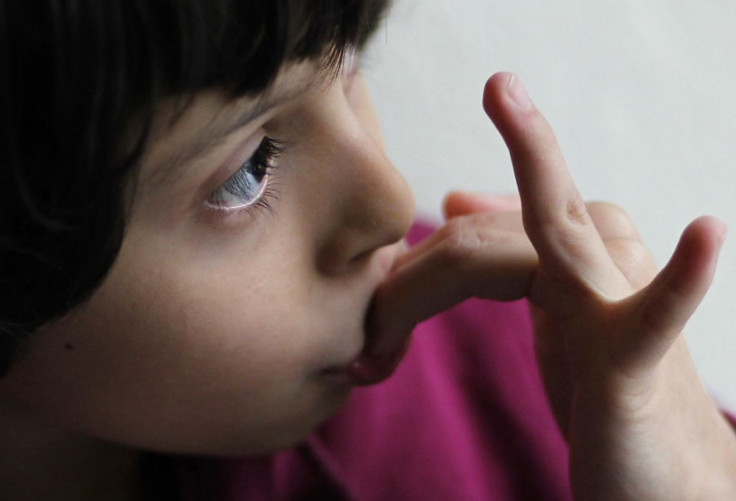New Video-based Therapy to Treat Autism

Video-based therapy for families with babies at risk of autism might reduce the likelihood of the infant developing autism later on. Researchers at the University of Manchester have shown that video therapy improves children’s engagement, attention and social behavior. The paper, published in The Lancet Psychiatry Journal, suggests that using video feedback therapy to help parents understand and respond to their child’s style of communication during the first year of life may modify the emergence of autism-related symptoms. Children with autism typically receive treatment after they are three or four years old. However, there are early risk markers of autism such as lack of attention to a parent, reduced social interest or engagement and decreased eye contact that may be present as early as when the child is a year old. Until now, no therapy for autism has been directed at children of that age.For the study, led by Jonathan Green, professor of Child and Adolescent Psychiatry at the University of Manchester, some of 54 families with an infant at high risk of developing autism were asked to take a video interaction for promoting positive parenting programme (iBASIS-VIPP) over five months when their infant was seven to nine months old. These children had a high risk of developing autism because they had an older sibling diagnosed with the condition.Other families among the group of 54 had no intervention. The group that received iBASIS-VIPP also received at least six home visits from a therapist. After five months, the families who received iBASIS-VIPP showed improvements in infant engagement, social behavior and attention.The aim of the programme was to mitigate the full onset of autistic symptoms prior to diagnosis by optimising the babies’ social interaction during the first year of life. The study also found that there were changes in parents’ behaviur such as being less directive in their interactions while increasing infants’ attentiveness.The authors of the study caution that a larger study will need to be carried out before definitive conclusions on the therapy’s effectiveness in preventing the onset of autism can be made.To contact the writer, email: sonali.raj@gmail.com





















